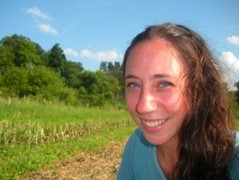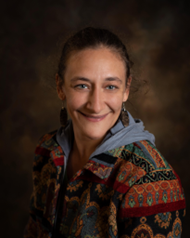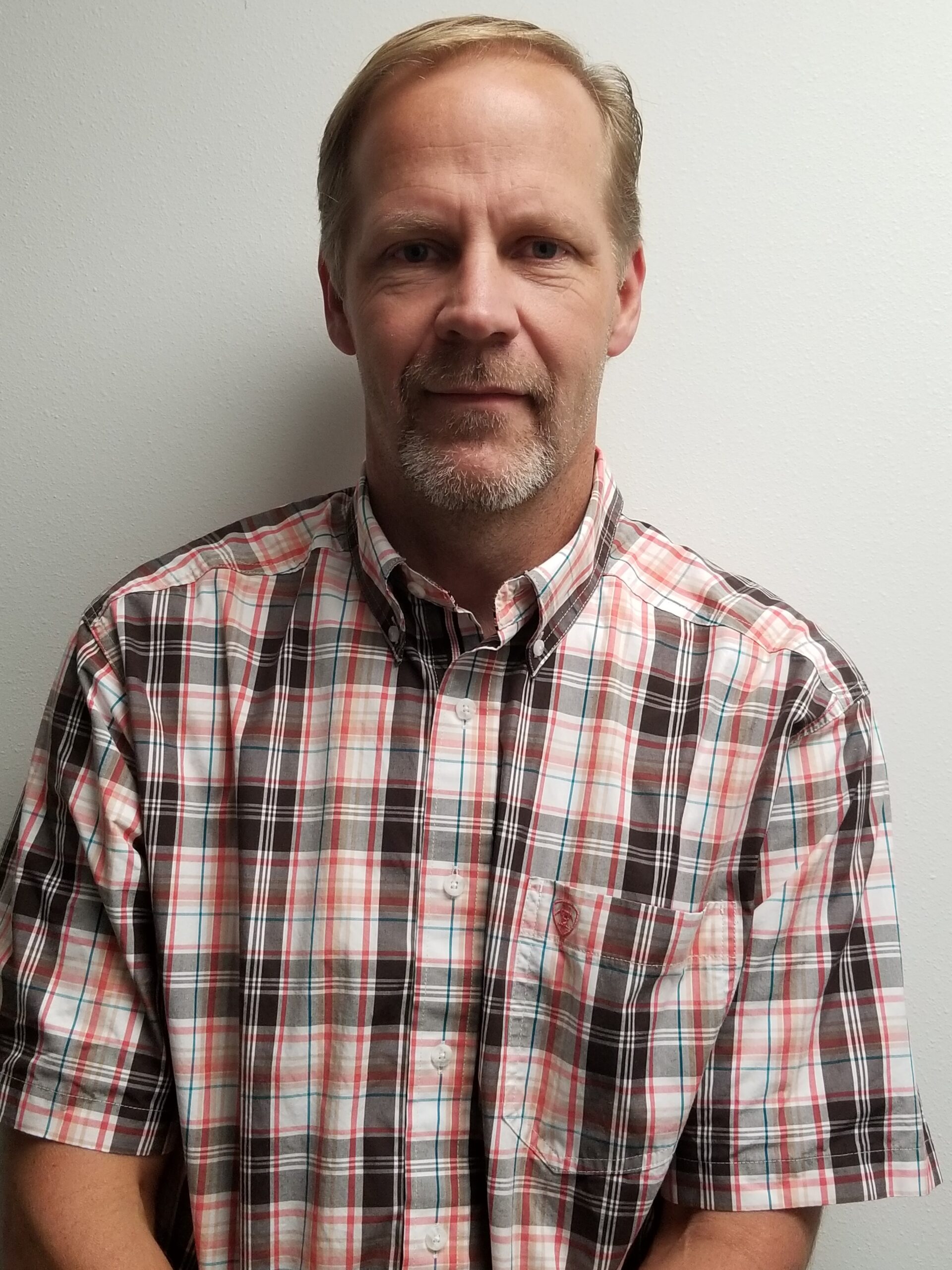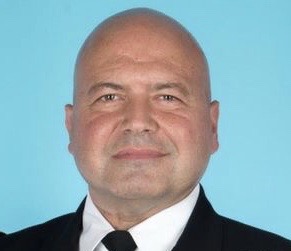Thriving Earth Exchange is pleased to announce the October 2022 cohort of Community Leads! They will work with Community Science Fellows to launch 10 community science projects across the United States and in Jamaica! Stay tuned for more information about the impactful projects to come and the communities who lead and inspire them!
Bucksport, South Carolina
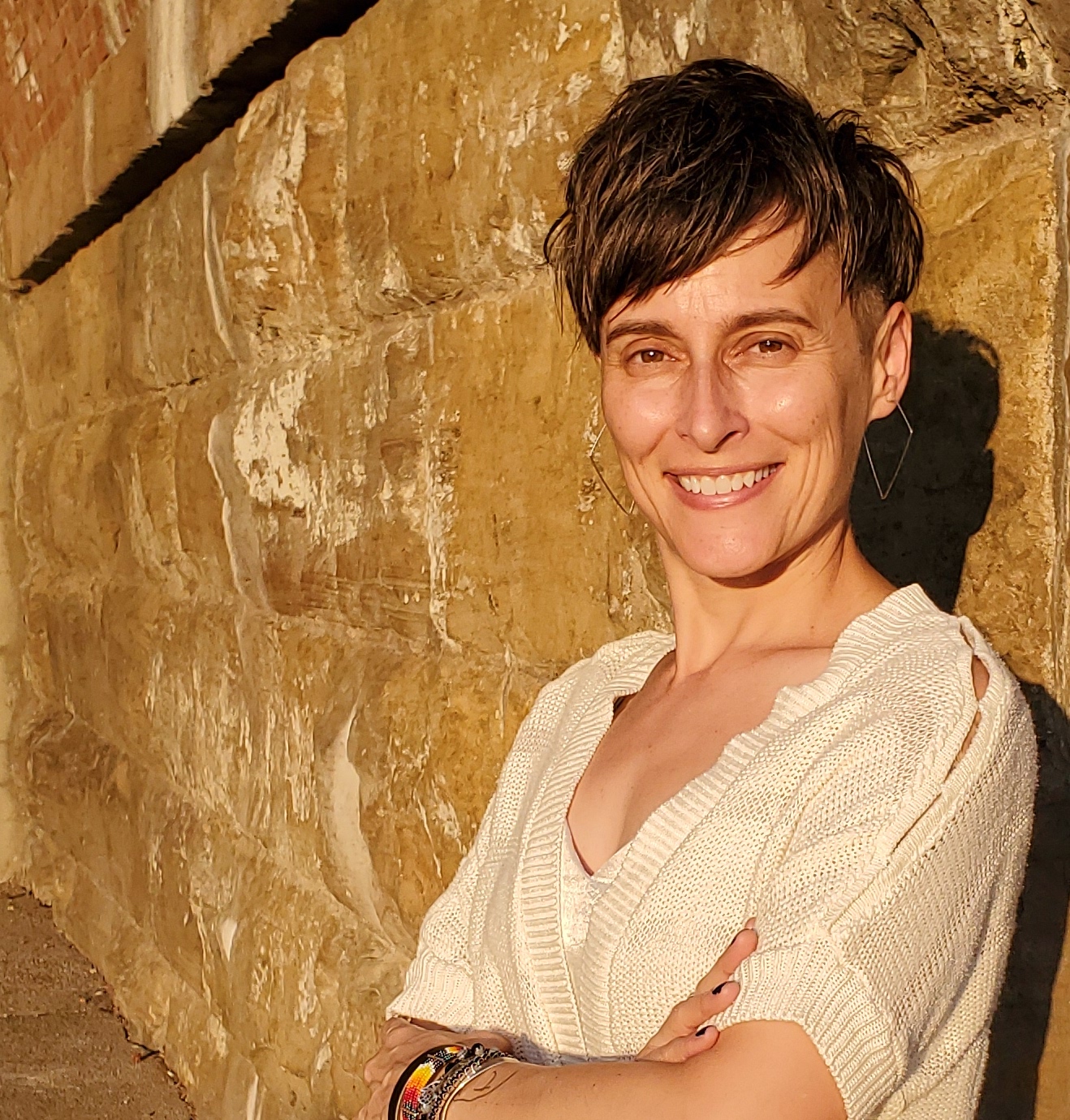
Jaime McCauley lives in Bucksport, South Carolina, where she works as a sociologist at Coastal Carolina University. In addition, she serves on the board of the Association for the Betterment of Bucksport. As an organization, the Association aims to increase safety and justice for those with a limited voice in public life; promote social equality through discourse that reflects a range of values and social identities; engage community members in participatory decision-making; and advance the right of every person to live in a socially, economically and environmentally healthy community. Jaime looks forward to partnering with the Thriving Earth Exchange to examine flood mitigation efforts in Bucksport to protect its people, culture, and history.
Chapel Hill in South Decatur, Georgia

Clarence Williams is an Organizer for JusticeOnChapelHill, Inc. and the Chapel Hill Organization, Inc. The community, commonly referred to as South DeKalb County, consists primarily of the southern portion of DeKalb County Georgia. The two organizations we founded are designed to make community members more aware of issues impacting the whole community and to activate more community members to become more involved with issues impacting the community as a whole. We look forward to pursuing another project to get more community members more aware and involved in issues impacting the whole community. More importantly getting the community collectively to know one another, listen to one another, and trust one another.
The City of Nashville, Tennessee

Dr. Kendra Abkowitz joined Nashville Mayor Cooper’s Office and Metro Nashville/Davidson County in October 2021 as the city’s Chief Sustainability & Resilience Officer, working across departments and with the community on environmental, sustainability, and resilience issues. Prior to her current role, she held a variety of positions at the Tennessee Department of Environment & Conservation working on multidisciplinary environmental policy, sustainability, and strategic planning. She began her career at Vanderbilt University tackling operational and educational sustainability projects across campus and the medical center. Kendra has a bachelor’s degree in sociology and economics from Vanderbilt University, a Master’s degree in sociology from the University of Chicago, a doctorate in environmental management and policy from Vanderbilt University, and a master’s in business administration from Middle Tennessee State University. Kendra s excited to engage with AGU and scientists to further climate action, sustainability, and resilience across Nashville.
The City of Olympia, Washington
Comunidad Maya Pixan Ixim in Omaha, Nebraska
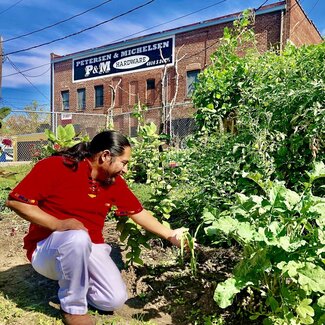
Luis Marcos is Co-Executive Director and one of the original founders of Comunidad Maya Pixan Ixim, based in Omaha, Nebraska. Comunidad Maya Pixan Ixim is a 501(c)(3) organization of the Maya Community in Nebraska dedicated to improving the health and well-being of the Maya people through community development programs. Luis is passionate about Maya and Indigenous agriculture sciences, which are also known as regenerative agriculture. Through his work with the Omaha Nation and Indigenous nations across borders, he has been named as Ambassador of the Q’anjob’al, Akateko, Chuj, and Popti Nations with the Omaha Tribe in Nebraska. Additionally, as a Q’anjob’al Maya cultural and spiritual leader, Luis leads Maya ceremony and maintains direct relationships with Maya ancestral authorities in Maya Territories.
Milton’s Concerned Citizens in Milton, Florida

Pam Mitchell is the chair of Milton’s Concerned Citizens in beautiful Santa Rosa County, Florida. Milton’s Concerned Citizens promotes honesty and transparency in local government and we take a keen interest in protecting the rivers, waterways, and environment of our community from unsupervised and under-regulated development. As Pam neared retirement, she realized that the beauty and magic of the river basin where she was blessed to live was being threatened. Instead of putting my feet up, she rolled up my sleeves and became an environmental activist! She looks forward to working with the October 2022 cohort to promote public awareness of the need for protecting waterways from overdevelopment and municipal encroachment.
Park County Environmental Council in Livingston, Montana

Sarah Stands grew up in Livingston, Montana, within the Greater Yellowstone Ecosystem. She is the Director of Community Resilience with Park County Environmental Council which works with the community to safeguard the land, water, wildlife, and people of Yellowstone’s Northern gateway through grassroots organizing and community advocacy. Park County is experiencing rapid change, including increasing development and growing wealth inequality. And these changes to the communities are further challenged by a warming climate, expanding droughts, floods, fire, and invasive species. Most recently, the community is rebuilding from the June 2022 national flooding disaster of the Yellowstone River. The community is looking for ways to convene across silos, to consolidate learning of this flood and historical flooding events, with the hopes of being more resilient and prepared for the next natural disaster; be it forest fires, earthquakes, another flood, extreme drought, etc.
Socially Responsible Agriculture Project in the Southern United States
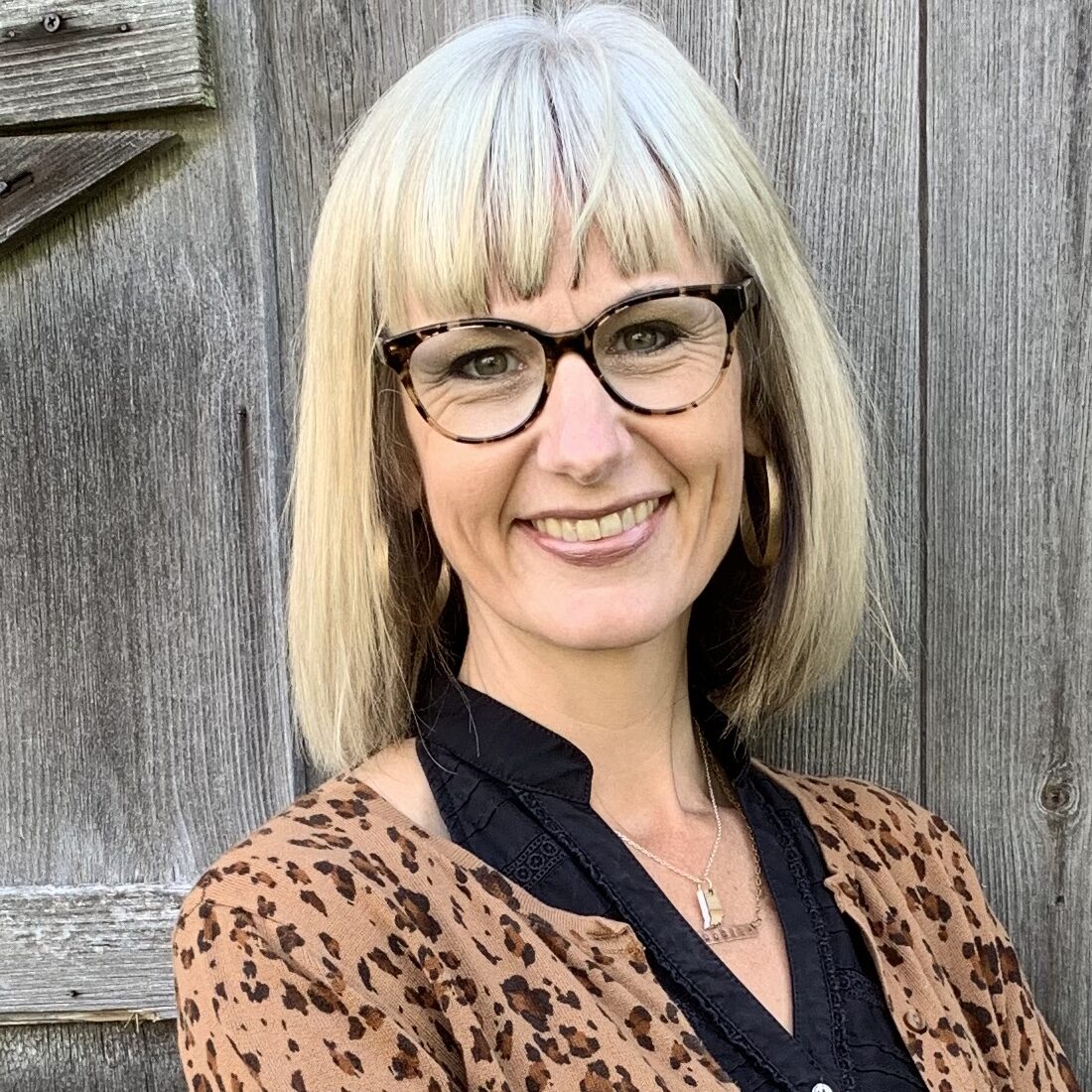
Sherri Dugger is the executive director of the Socially Responsible Agriculture Project (SRAP). SRAP protects communities from industrial livestock operations. With nearly two decades of experience editing magazines and books, Sherri Dugger now puts her media and public relations experience to work in the agriculture field. A supporter of local and regional food systems, environmental sustainability, humane animal agriculture, and diversified, regenerative farming, Sherri advocates for rural communities at the Indiana Statehouse and on Capitol Hill. She enjoys life on a small farm in Spencer, Indiana, with her husband, Randy, and their dogs, cats, donkeys, goats, alpacas, chickens, ducks, guinea fowl, and honeybees. Sherri is grateful for the opportunity to work with Thriving Earth Exchange to advance research that supports SRAP’s newly launched Contract Grower Transition Program. Her hope is that, through this partnership, SRAP will be able to advocate for agriculture policy and resources to better support small, sustainably focused farms and networks of producers.
Talent Urban Forestry Committee – The City of Talent, Oregon

Mike Oxendine is the Chair of the Talent Urban Forestry Committee, which was formed in 2019 with the vision to create a healthy sustainable and ever-expanding urban forest in a community that values trees and fosters their stewardship. Talent suffered a catastrophic wildfire on September 8th, 2020, that devastated hundreds of homes and a huge proportion of our urban forest. The Talent Urban Forestry Committee is dedicated to reforesting Talent and helping the community to recover. The committee has been tasked with creating an urban forestry master plan to aid in the recovery and future of Talent’s urban forest. Mike is excited to be a part of the AGU Thriving Earth Exchange program as there are so many opportunities for science projects including GIS mapping, LiDAR, and community engagement.



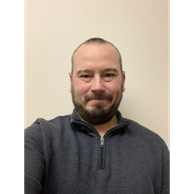

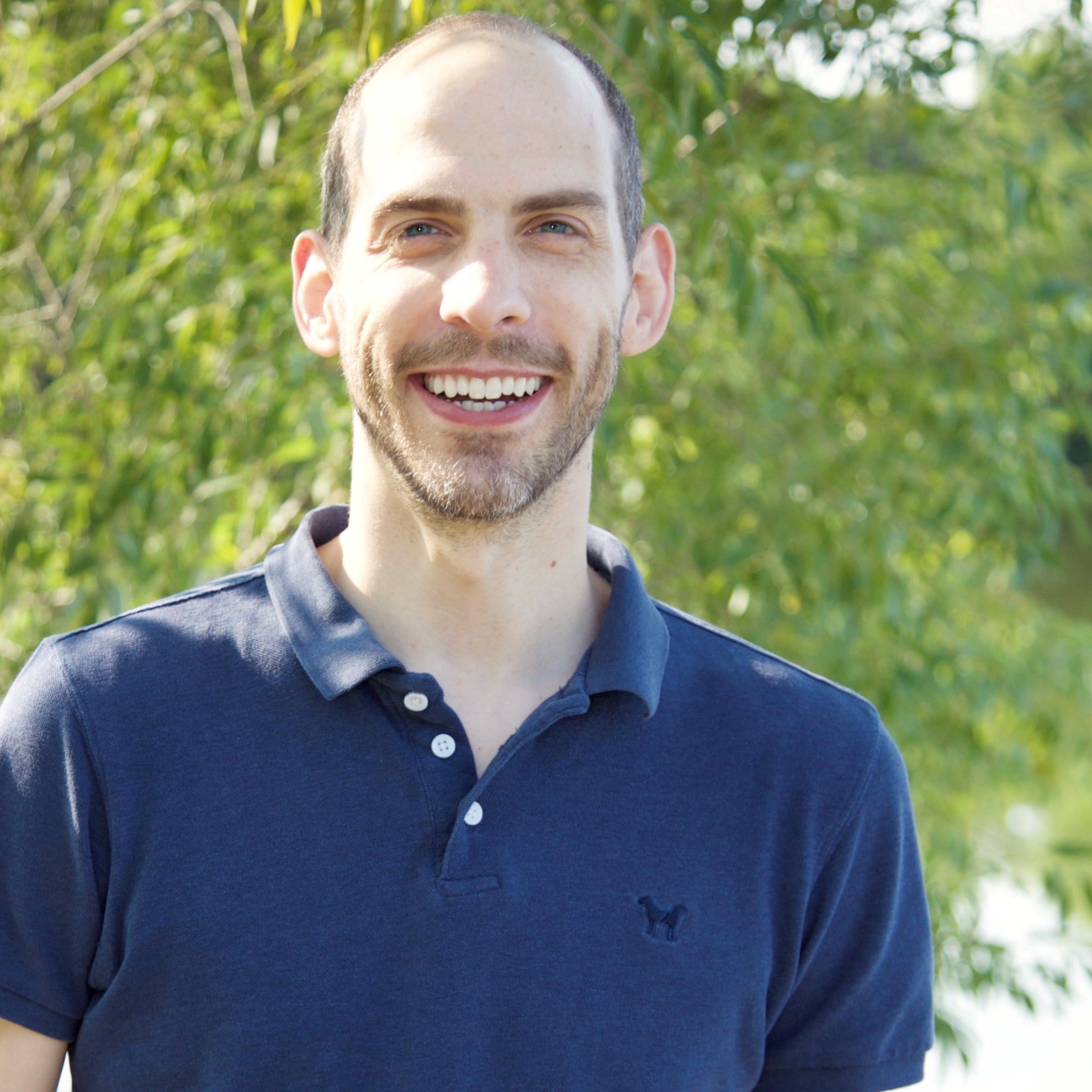


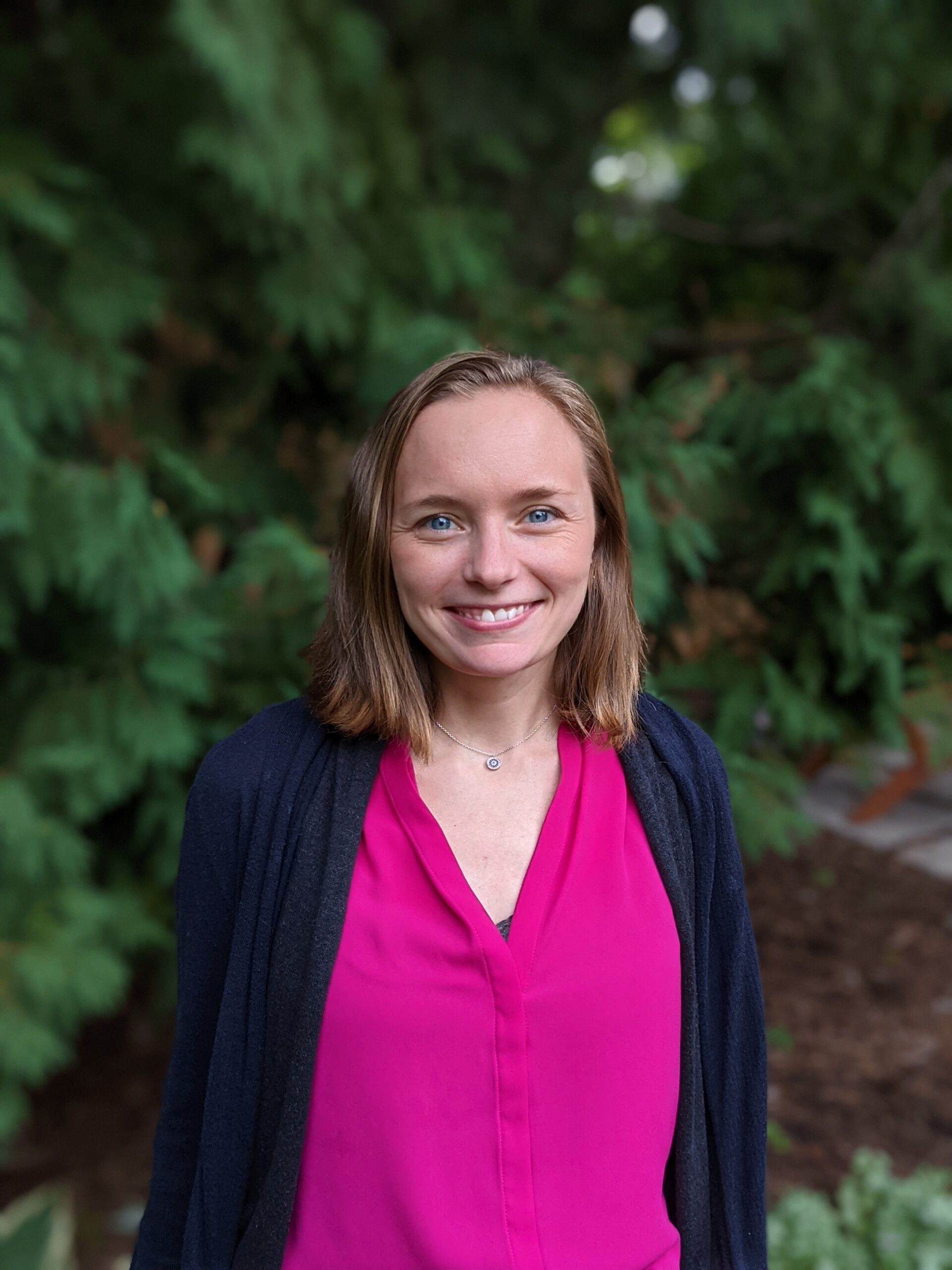
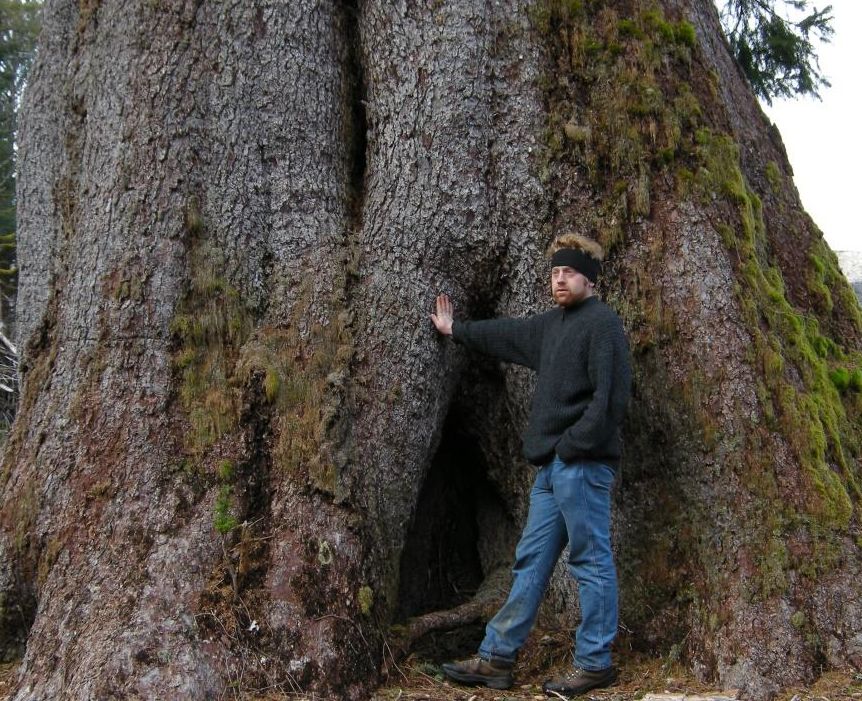
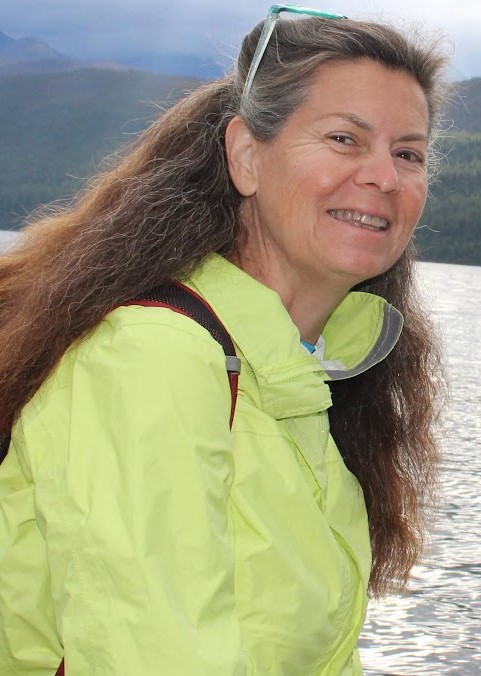

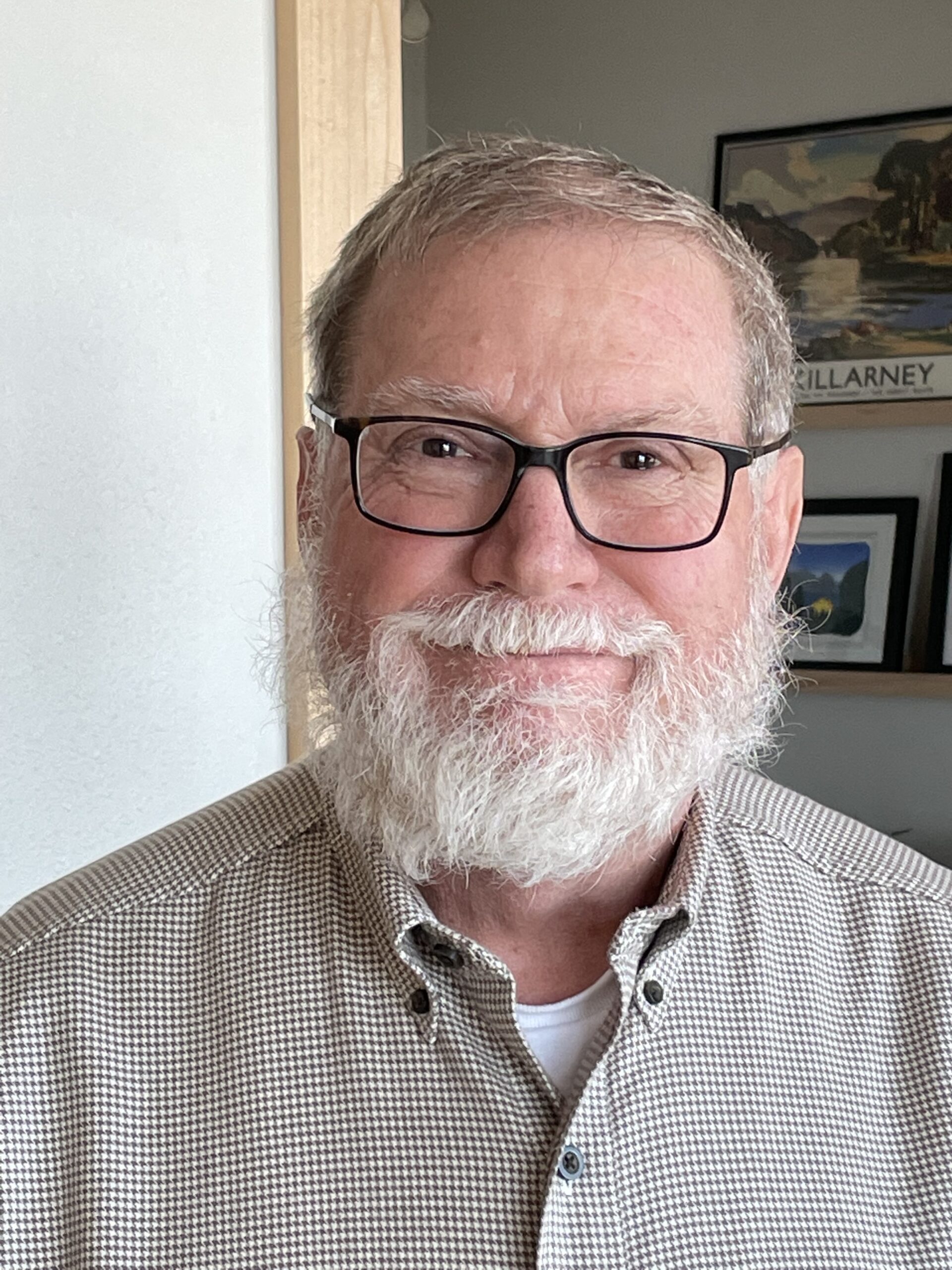
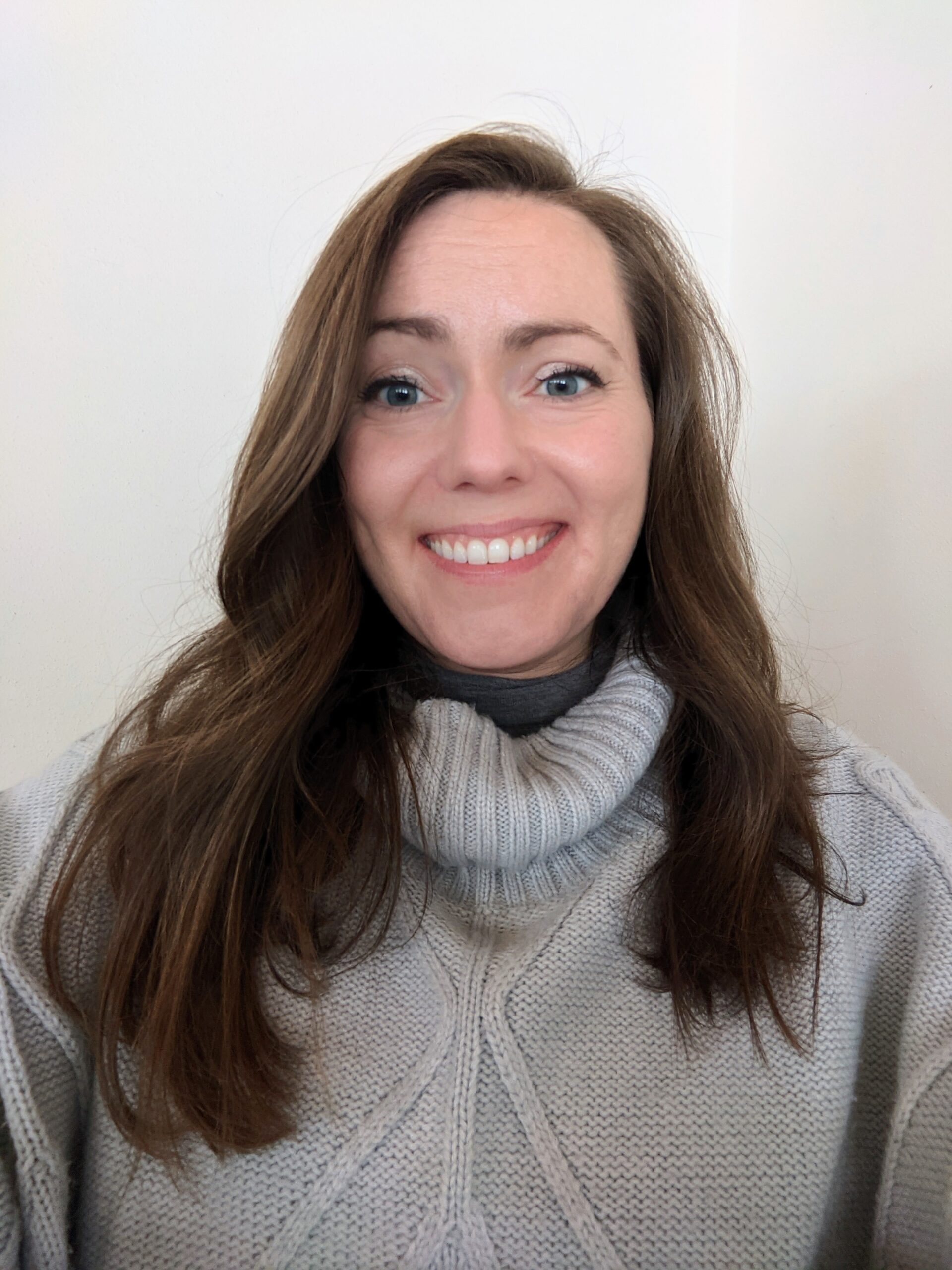
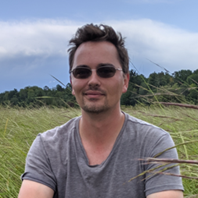 Ben Wojahn is the County Conservationist for Vernon County Land & Water Conservation Department. Ben is a Certified Crop Advisor and Certified Grazing Planner. Ben utilizes his personal and grant writing skills to manage Vernon County Parks, Forests, Dams, Land Conservation, Land Information, Watershed Planning, Invasive Species, and Wildlife Habitat programs. Perhaps Ben’s greatest skill is his ability to be a collaborator and facilitator. This, combined with his strong relationships with the farmers and this community, make him a critical partner to this project. In his free time, Ben enjoys gardening, planting trees and perennials, and forestry management. Ben is also an avid wild rice harvester, which he does every year across beautiful lakes and rivers in northern Wisconsin.
Ben Wojahn is the County Conservationist for Vernon County Land & Water Conservation Department. Ben is a Certified Crop Advisor and Certified Grazing Planner. Ben utilizes his personal and grant writing skills to manage Vernon County Parks, Forests, Dams, Land Conservation, Land Information, Watershed Planning, Invasive Species, and Wildlife Habitat programs. Perhaps Ben’s greatest skill is his ability to be a collaborator and facilitator. This, combined with his strong relationships with the farmers and this community, make him a critical partner to this project. In his free time, Ben enjoys gardening, planting trees and perennials, and forestry management. Ben is also an avid wild rice harvester, which he does every year across beautiful lakes and rivers in northern Wisconsin.